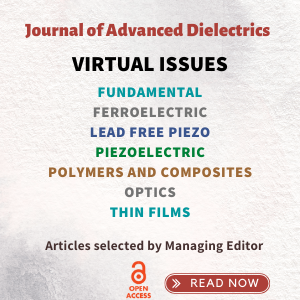System Upgrade on Tue, May 28th, 2024 at 2am (EDT)
Existing users will be able to log into the site and access content. However, E-commerce and registration of new users may not be available for up to 12 hours.For online purchase, please visit us again. Contact us at customercare@wspc.com for any enquiries.
Science and technology have become increasingly intertwined in the twentieth century. However, little attention has been paid to the forces that have brought about this condition. Indeed, many scholars have taken it simply for granted that causality always runs from science to technology. In this groundbreaking book, Rosenberg's research suggests that history and extensive empirical evidence lead to a reality that is far more complex as well as far more interesting. Here, Rosenberg's papers explore a wide range of pertinent issues, especially those connected with the innovative process, including the realms of electric power, electronics, chemicals, aircraft, medicine, instrumentation and, in particular, higher education and the organization of research activities.
Sample Chapter(s)
Chapter 1: Introduction (165 KB)
Contents:
- The Commercial Exploitation of Science by American Industry
- Academic Entrepreneurship
- The Economic Impact of Scientific Instrumentation Developed in Academic Laboratories
- Economic Development and the Transfer of Technology: Some Historical Perspectives
- A General: Purpose Technology at Work: The Corliss Steam Engine in the Late Nineteenth-Century United States (with Manuel Trajtenberg)
- The Role of Electricity in Industrial Development
- Improvement Upon Improvement: Long After Innovation
- Innovation and the Chain-Linked Model (with Stephen J Kline)
- Endogenous Forces in Twentieth Century America
- Why Do Firms Do Basic Research (with Their Own Money)?
- From the Scalpel to the Scope: Endoscopic Innovations in Gastroenterology, Gynecology, and Surgery (with Annetine C Gelijns)
- Capturing the Unexpected Benefits of Medical Research (with Annetine C Gelijns and Alan Moskowitz)
- Some Critical Episodes in the Progress of Medical Innovation: An Anglo-American Perspective
- Chemical Engineering as a General Purpose Technology
- Technological Change in Chemicals: The Role of University–Industry Relations
- Economic Experiments
- Aeronautical Engineering
- Schumpeter and History
Readership: Academics, policymakers, scientists, engineers, technologists and students.
























